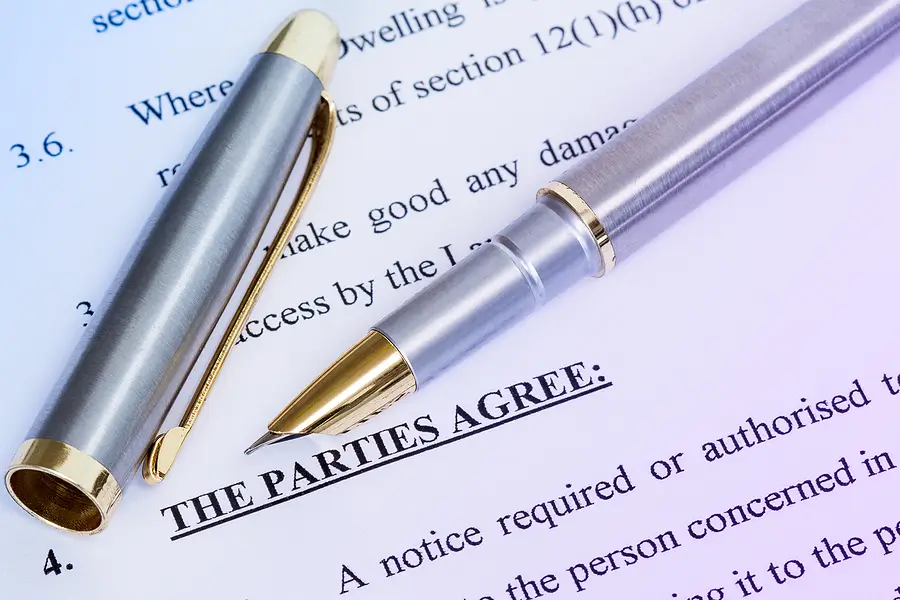As a landlord, staying compliant with local and federal laws is important to avoiding complaints that could lead to lawsuits. Issues like housing discrimination, mishandling security deposits, and failing to meet basic obligations can result in legal action from tenants. By understanding these common challenges, you can protect your businesses and create better relationships with tenants.
Housing Discrimination Violations
Violating the Federal Fair Housing Act is one of the most serious mistakes you can make as a property owner. This law prevents discrimination against tenants based on race, religion, gender, family status, or disability. Even unintentional biases in advertising rental prices or tenant screenings can lead to lawsuits. Recently, the Justice Department has pursued cases against the nation’s largest landlords for alleged violations.
How to avoid this: Ensure all marketing and tenant interactions comply with fair housing laws.
Improper Handling of Security Deposits
Complaints over security deposits are a leading cause of lawsuits. Issues can arise if you fail to return the deposit on time, make unreasonable deductions, or do not provide an itemized list of charges. Cases like these often end up in district court, with tenants seeking reimbursement and attorney’s fees.
How to avoid this: Familiarize yourself with New Jersey laws governing security deposits. Always document the condition of the rental property before and after a lease term to justify any deductions.
Neglecting Maintenance Obligations
Tenants can sue if you fail to provide a safe and habitable living environment. Problems such as mold, broken utilities, or pest infestations can lead to disputes. The Justice Department comes down hard on landlords who neglect these responsibilities, as they directly affect tenants' quality of life.
How to avoid this: Respond immediately to repair requests and conduct regular property inspections.
Unlawful Lease Terminations and Evictions
Failing to follow the proper eviction process or terminating a lease agreement without valid reasons can lead to lawsuits. Tenants may also sue if their rights to quiet enjoyment are violated due to excessive disturbances or inappropriate access to the property.
How to avoid this: Work with legal professionals or property managers to ensure compliance with eviction laws and lease termination procedures.
Justice Department Investigations and Legal Risks
The Justice Department actively pursues cases involving landlord negligence, including violations of the Federal Fair Housing Act and antitrust laws. For example, the Justice Department’s Antitrust Division recently investigated Willow Bridge Property Company and Camden Property Trust for potential price-fixing of rental prices.
How to avoid this: Stay informed about federal and local laws. Avoid practices that could be interpreted as discriminatory or anti-competitive.
Unpaid Rent and Financial Mistakes
Failing to address unpaid rent properly or mismanaging funds can lead to lawsuits requiring you to pay attorney’s fees or other damages. This typically means not following legal guidelines when a tenant is late on rent and rushing to evict. Your lease agreements should have detailed policies for handling security deposits, rental prices, and tenant funds.
How to avoid this: Have a clear policy for managing late or unpaid rent. Professional guidance and documentation can minimize risks.
Partner with CMS Property Management to Stay Compliant
Handling the difficulties of landlord-tenant relationships and legal requirements can be challenging, especially if you fail to manage these properly.
At CMS Property Management, we offer expert services, including tenant screenings, rent collection, legal compliance, and handling security deposits, to help you avoid costly mistakes and keep your rental business running smoothly.
Contact us today to learn how we can protect your investment and ensure smooth operations for your rental properties.

